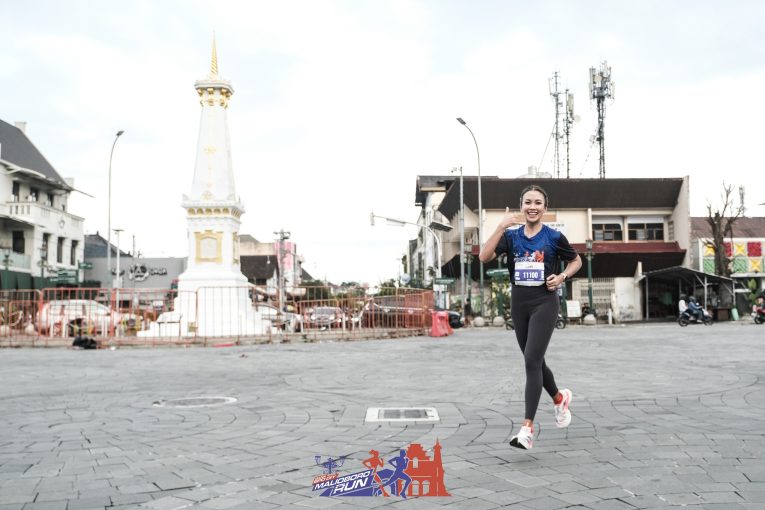
Sport tourism is now becoming a trend in Yogyakarta, attracting the attention of local and foreign tourists. The city, renowned for its rich culture and history, is now also increasingly recognized as a sports tourism destination.
Moreover, throughout October 2024 alone, Yogyakarta hosted a series of running events every week, drawing hundreds of participants, including the UGM Trail Run 2024 (6/10), Road to Give 2024 (13/10), Pink Ribbon Run 2024 by Hyatt (20/10), and Kahf Manna Kampus Jogja Run 2024 (20/10), to name a few.
Lecturer of Tourism Studies program at Faculty of Arts UGM, Mohamad Rachmadian Narotama, S.T., M.Sc., Ph.D., uttered that theoretically, sport tourism intersects with event tourism, where tourism activities are driven by events that attract visitors. He also explained that according to the National Sports Committee of Indonesia (KONI), sport is an activity which involves physical activities that are beneficial not only for physical fitness and health, but also for spiritual advantages.
Regarding sports tourism events, Narotama explained that they can generally be categorized into two types, participatory events, such as marathons and cycling, as well as fan-based ones such as soccer matches.
Concerning Yogyakarta’s readiness as a sports tourism destination, Narotama noted that several events have been successfully held in captivating locations, although some areas still need improvement. For instance, events like the Sleman Temple Run (8/9) and Biosferun 2024 (13/10) took place in exceptional settings, featuring trails that traverse natural landscapes and cultural heritage sites, offering participants a unique and memorable experience. However, running events held on city streets and highways require additional management preparation, such as traffic engineering, shuttle or feeder service availability, and addressing air pollution concerns. Effective management of these aspects is crucial to ensure participants’ experiences remain optimal and uninterrupted.
In addition to running events that are considered to have an upper-middle class market, he also highlighted soccer events that attract a lower-middle-class audience, sometimes including are fanatical supporters. Spectators in events like this require tighter escort, because there have been repeated riots and clashes between supporters. Such events require stricter supervision, as incidents of riots and clashes between supporters have occurred repeatedly.
He acknowledges that the growing sport tourism trend in Yogyakarta offers numerous benefits for both the city and the local community. Beyond enhancing Yogyakarta’s appeal as a tourist destination, sport tourism events also contribute to the economic turnover. However, he still emphasized the importance of further research to assess the impact of sport tourism on local communities. This includes examining whether event organizers (EOs) and local hotels are utilized, as well as comparing the profits earned by Eos (which may come from outside the region) to the revenue received by local vendors and communities. Narotama also called for government intervention to promote the use of local goods and services. Furthermore, he expressed hope that sport tourism events are promoted with a sustainable approach to encourage the use of public transportation. This step will support the achievement of SDG 11 (sustainable cities and communities) through efforts to reduce air pollution, as well as SDG 17 (partnerships to achieve common goals) by promoting collaboration between organizers, agencies, and local communities.
Related to the phenomenon of sport tourism in Yogyakarta in general, Narotama emphasized the importance of maintaining and improving the existing positive aspects, while the less good ones need to be anticipated and brought to the expected standards, particularly related to order, cleanliness, and usefulness for the host city. Sport tourism needs to be developed by maximizing positive impacts and minimizing risks and negative impacts.
To reduce the risk of riots among soccer supporters, proper management is essential. Narotama proposes one approach by changing the way fans support their teams, such as by promoting family-friendly environments and offering middle-class supporters VIP rooms, stadium tours equipped with exclusive merchandise. By diversifying the fan base and educating supporters on how to cheer for their team in an orderly and enjoyable manner it is hoped that that the soccer event will no longer seem chaotic, but more orderly, safe and comfortable. The atmosphere of the 2022 World Cup in Qatar serves as a positive example of this approach.
